|
Livestock Health & Greenhouse Gases– prioritising diseases, syndromes and practical interventions |
|
Lead: Philip Skuce, Moredun Research Institute Stakeholders: Researchers, Farmers, Vets and Policy makers |
|
This project brings together a broad range of opinion and expertise across the Scottish livestock sector, including researchers, farmers, vets and policy makers to discuss and agree on the major livestock diseases or syndromes which would have the most impact on greenhouse gas emissions across the sector, and to develop and promote a package of practical intervention strategies to reduce disease impacts and associated emissions. Read the case study
|
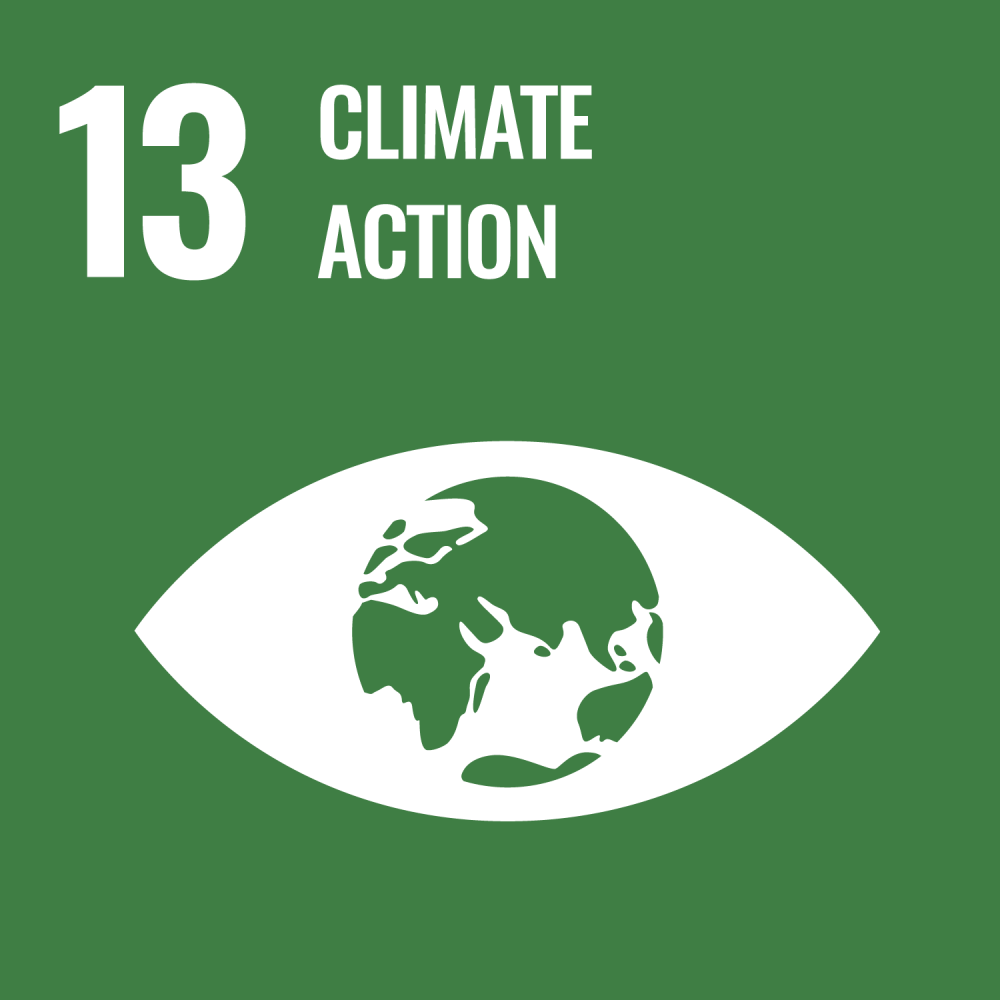 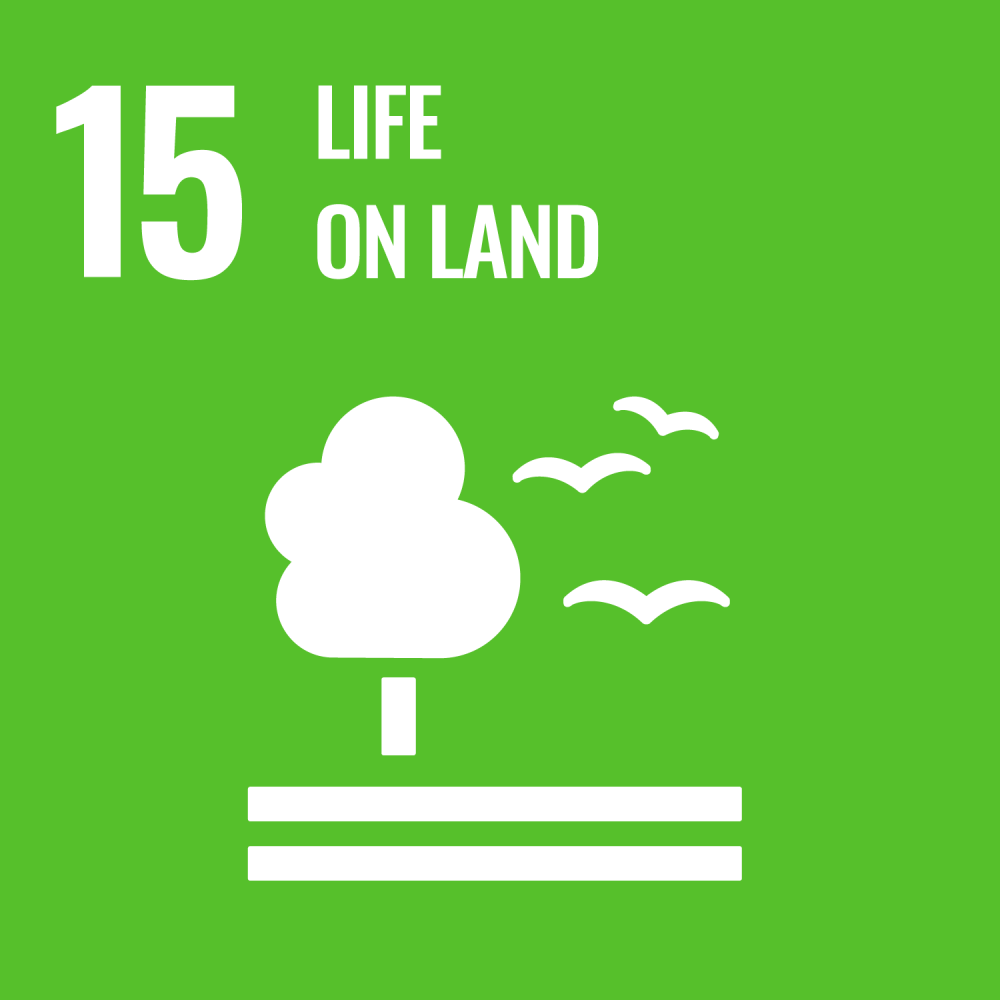 |
|
Effective Use of Scotland’s Natural Flora form Marginal Lands for Societal or Economic benefit |
|
Lead: Wendy Russell, Rowett Institute Stakeholder: Research, Industry, Policy and the Third Sector |
|
This project will collect stakeholder/policy data and opinions to inform the economic potential, setting of priorities and wider environmental and societal implications around the use and promotion of Scotland’s natural flora produced on Scotland’s marginal lands. |
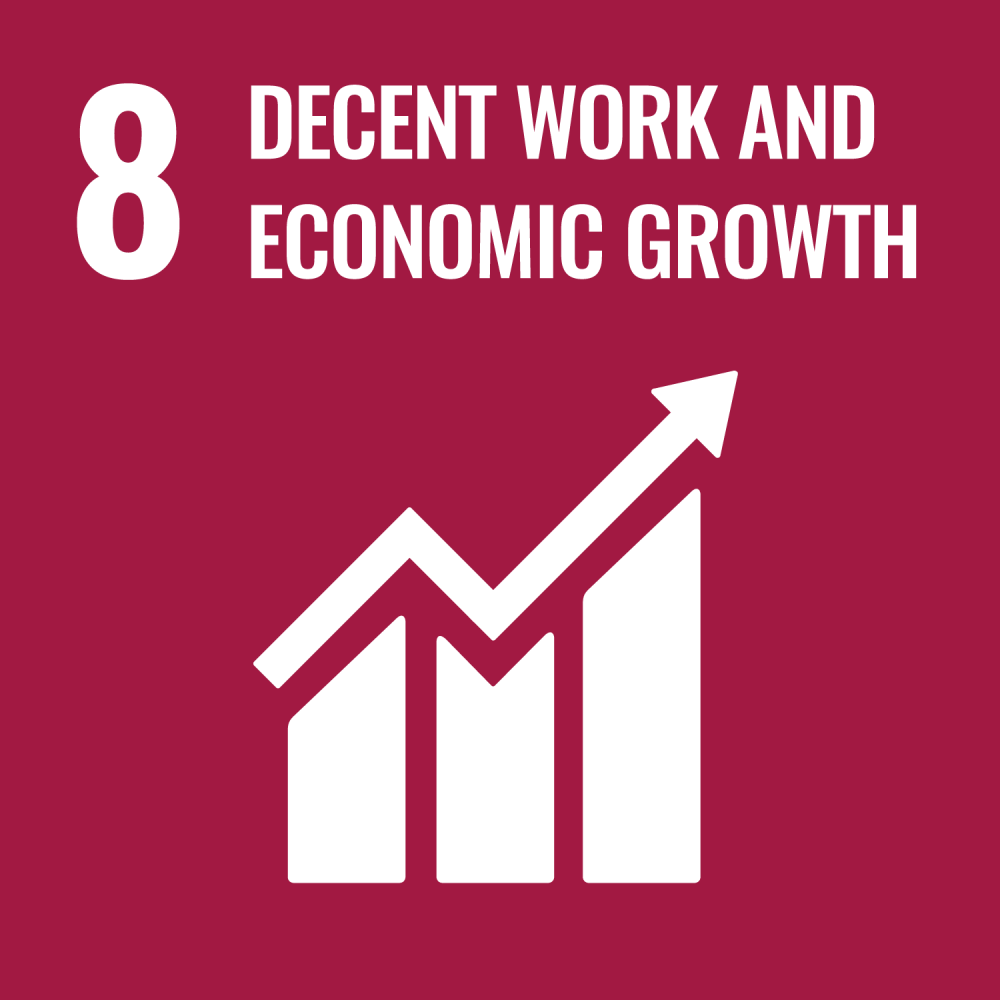   |
|
Anthelmintics and the Environment: opening a whole can of worms |
|
Lead: Philip Skuce, Moredun Research Institute Stakeholders: Researchers, Farmers, Vets and Policy makers |
|
The project aims to provide farmers with clearer information on the potential environmental impacts of the main anthelmintic groups used on Scottish livestock farms to control helminth parasites. The project’s steering group will develop advice on best practice guidance around grazing/housing/yarding of treated animals so farmers can make informed decisions to protect their animals as well as to promote biodiversity on their farms. |
  |
|
Land Acquisition for Carbon: Opportunities and Risks |
|
Lead: Mark Reed, SRUC Stakeholder: Key actors from Policy, Investment, Research and Land Management |
|
This project will bring together a network of key stakeholders to identify, research and discuss opportunities and risks arising from large-scale land acquisition for carbon sequestration, providing evidence-informed recommendations that can increase the likelihood that future acquisition schemes lead to benefits for climate, biodiversity, land managers and the wider public interest. |
   |
|
|
Spatial Data for Supporting Regional Land Use Partnerships |
|
Lead: David Miller, James Hutton Institute Stakeholder: Scottish Land Commission |
|
The purpose of this project is to provide information to the Scottish Land Commission to inform their advice to Ministers regarding what spatial data will be needed to underpin effective Regional Land Use Partnerships, as set out in the Land Use Strategy (2016 to 2021). Read the Report (draft)
|
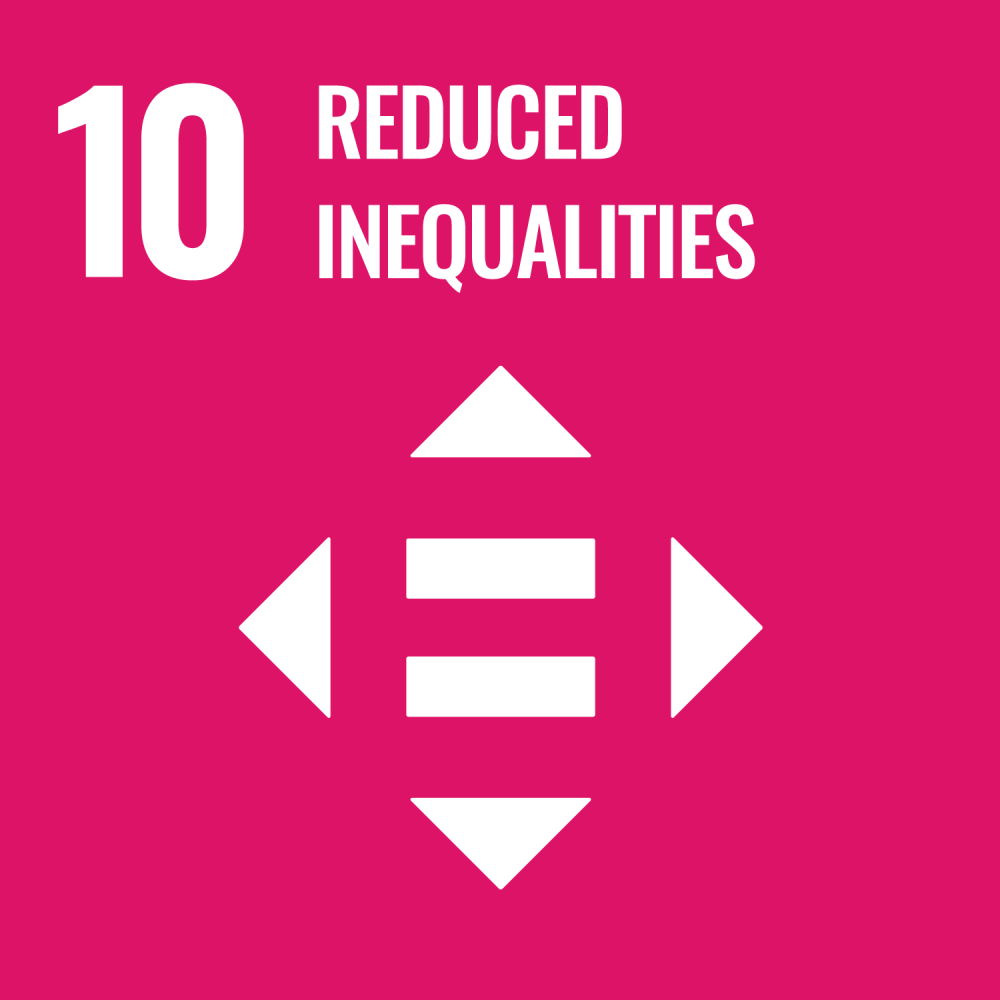 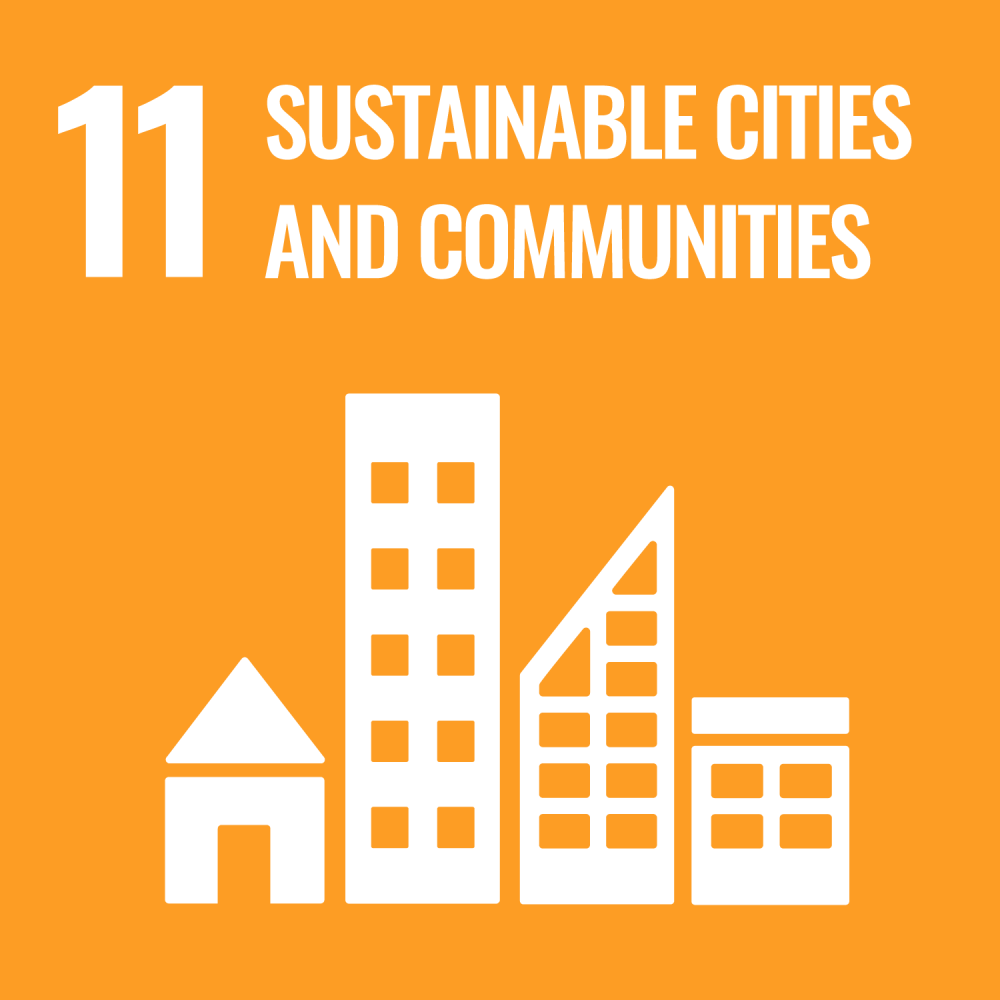  |
|
The transport, fate and impact of pharmaceuticals in the environment |
|
Lead: Eulyn Pagaling, James Hutton Institute Stakeholder: NHS Highlands and Islands |
|
This project will deliver an expert review on the current state of knowledge on pharmaceutical pollutants in the environment and their role in the development of Antimicrobial Resistance. |
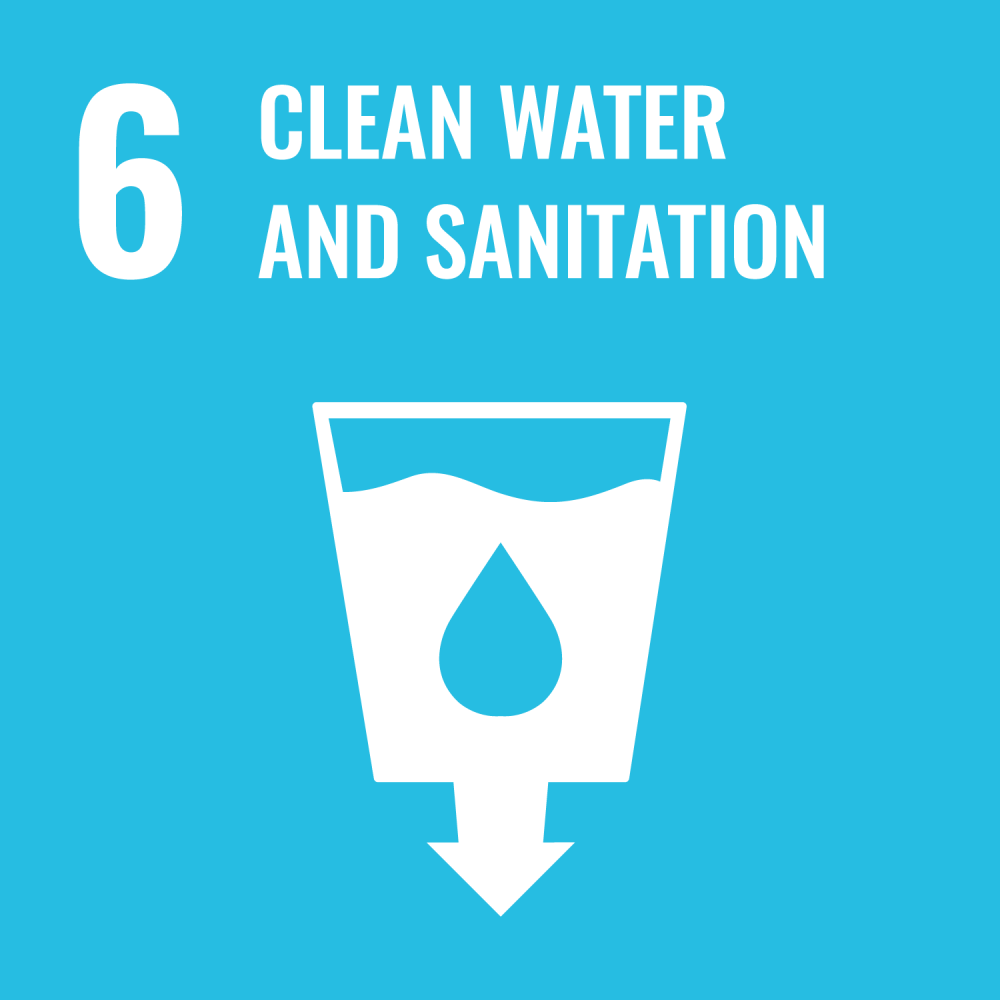 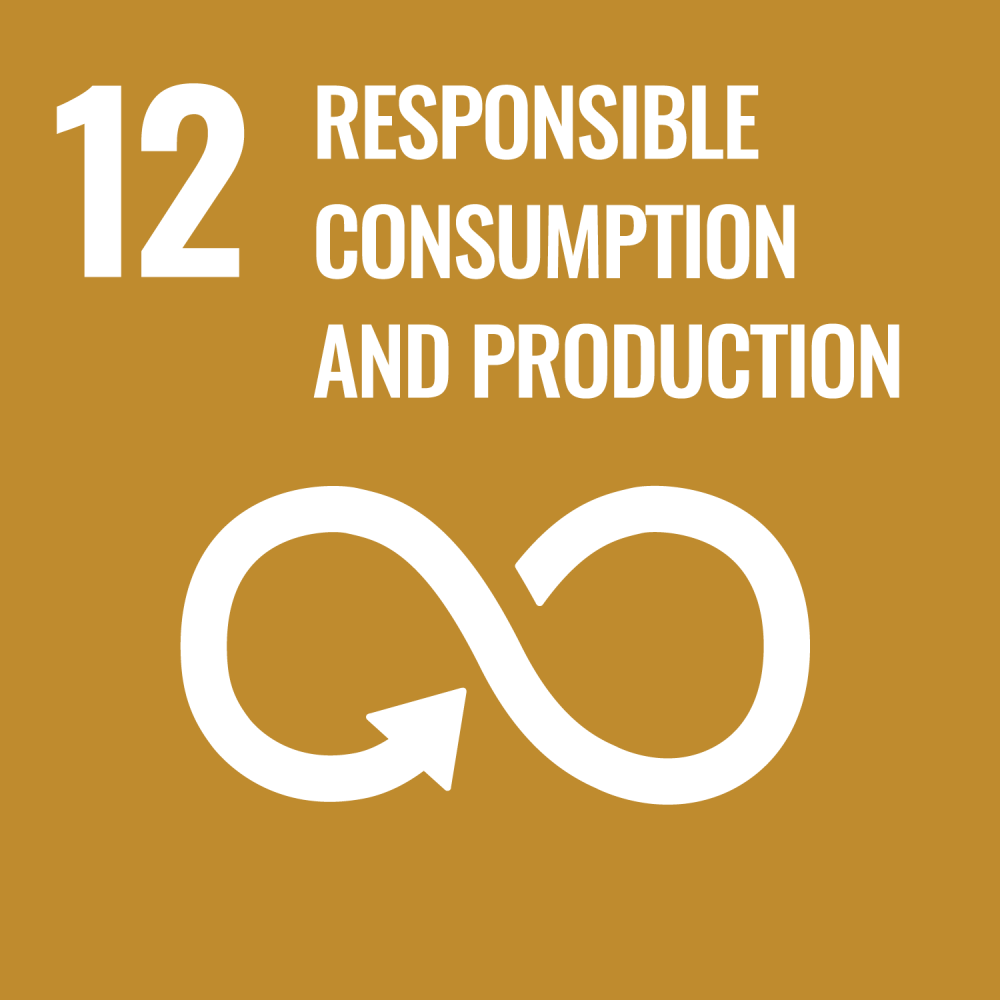  |
|
Identifying research priorities for the use of Agri-Tech to improve productivity, efficiency and sustainability in beef and sheep livestock production systems |
|
Lead: Jenna Bowen, SRUC Stakeholders: UK Agri-Tech Centres |
|
This project will identify research priority areas for the use of agri-tech to improve productivity, efficiency and sustainability in both beef and sheep production systems. To identify these priority areas, this project is administering a survey. |
   |
|
Developing practical guidelines and supporting policies for effective and robust sustainable grassland systems |
|
Lead: Lorna Cole, SRUC |
|
This project is exploring grassland management practices with the potential to increase the social, environmental and economic sustainability of farms, and identify a range of potential metrics that could help in the development of a comprehensive monitoring framework for sustainability. |
   |